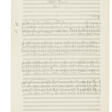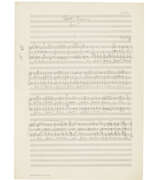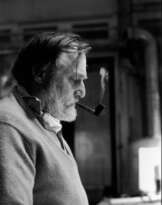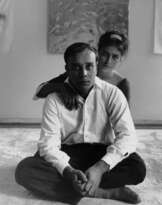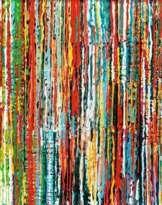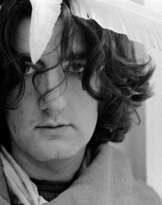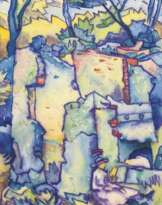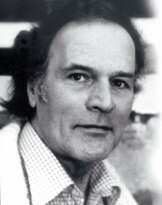Carl Orff (1895 - 1982)
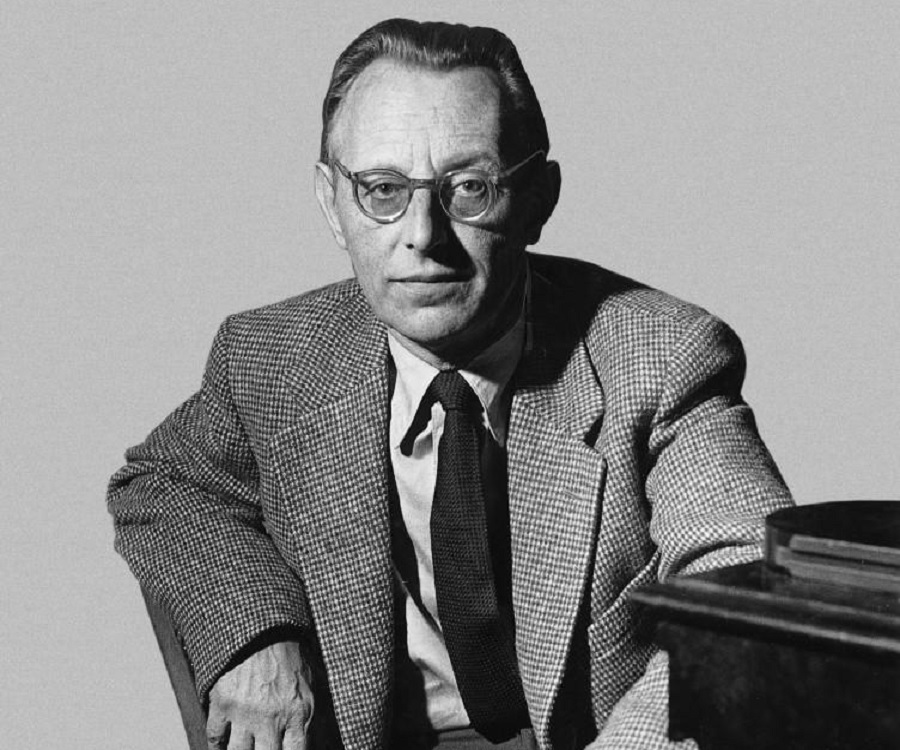
Carl Orff
Carl Orff, full name Carl Heinrich Maria Orff, was a German composer, representative of expressionism in music, and teacher.
Orff studied at the Munich Academy of Music with composer Heinrich Kaminski, and later conducted in Munich, Mannheim, and Darmstadt. In 1937, he wrote the oratorio Carmina Burana, a staging with dance, based on a manuscript of medieval poems, which became one of the most popular choral works of the 20th century. Inspired, Orff later created several more operatic mysteries based on ancient Greek tragedies and medieval chants, Baroque theater, and Bavarian peasant life.
Orff's system of musical education for children, based largely on developing a sense of rhythm through group lessons and playing percussion instruments, became widespread. In 1924 in Munich he founded the School of Gymnastics, Dance and Music together with the German gymnast Dorothea Gunther. Orff believed that music, being the foundation, brought together movement, singing, playing and improvisation.
During the period of National Socialist rule in Germany, Carl Orff managed to survive quite well: he continued to compose music and teach. From 1950 to 1960, Carl Orff held the chair of musical composition at the Musikhochschule in Munich, and he received many state awards for his many years of activity.
| Date and place of birt: | 10 july 1895, Munich, Germany |
|---|---|
| Date and place of death: | 29 march 1982, Munich, Germany |
| Period of activity: | XX century |
| Specialization: | Composer, Educator |
| Art style: | Expressionism, Post War Art |
